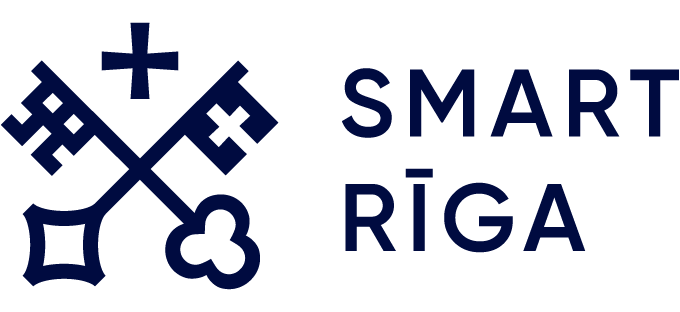The EIT Urban Mobility project “GreenDash” is in full swing and the feedback is great from communal services across the city who tested a custom-designed electric scooter from Bruntor! The GreenDash project is focused on enhancing the efficiency of communal services, while reducing the environmental impact of city operations. A key component of this project includes testing the scooters’ efficiency and adaptability in various terrains common to Rīga’s landscape, including city streets, cobblestone paths, and grassy areas within parks and green spaces.
For two months now, janitors have been riding and testing electric cargo scooters on the streets of the Old Town. In most cases, the cleaner is able to pick up the litter without getting off the vehicle. The street cleaner can spend more time on his direct duties. Previously, street cleaners in the Old Town had to push such trolleys, sweep the streets and carry the rubbish. Now, the new trolleys carry the cleaner, instead of the cleaner pushing the trolley. “We look after the whole of the Old Town, the pavements, the common area and the streets” says Elita Tuča, Head of the Territory Management Department at Riga Local Government. Elita confirms that the Department for Spatial Planning and Mobility, Territory Management Division, are responsible for almost 3,000 sites throughout Riga. Janitors have to cover many kilometres every day.
The cleaner walks about 10 kilometers every day. the scooter definitely makes the job easier, a person can do more, move faster. The scooters are equipped with a load box and a holder for rubbish bags. Not only is the scooter faster, but it can also carry more waste. It’s no longer just a 50 or 100 litre bag, we can take up to 600 litres of rubbish, which is a significant amount if we’re going around town. The Bruntor is equipped with lights, turn indicators, brake lights and an acoustic signal. It can drive in 4×4 mode, which is particularly useful in winter snow and ice conditions. The cargo scooter also has reverse and two speeds. It can travel up to 120 kilometers on a single charge, enough to last a janitor for a week.
The project represents a step toward greener, more efficient urban management in Riga, as electric scooters provide a flexible and sustainable transportation option for communal tasks such as park maintenance, landscaping, and other territorial improvement activities.
Project partners are innovation movement VEFRESH (lead partner), Rhino R (Bruntor EV cargo scooter developer) and three demonstration partners: Riga Local Government, Latvian Post and PostNord (Denmark).
